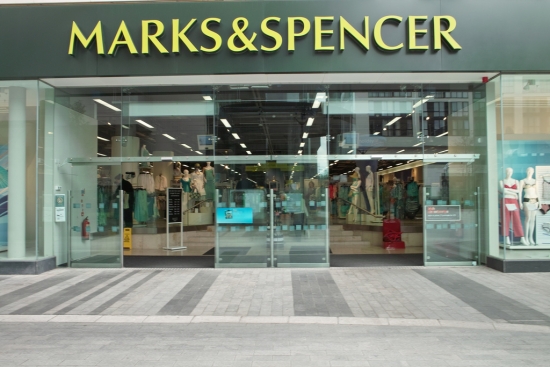Small firms in the UK have taken great steps towards recovery since the end of the recession, with an upturn in both consumer and business confidence driving growth and demand. However, this recovery could be somewhat limited should the current trend of late payments continue.

This week, the issue of payment terms has hit the headlines as a growing number of top retailers have pushed back payment days in order to improve their own margins. Yet this is having a detrimental effect upon small suppliers as their margins are being squeezed in order to cope with increasingly long delays in payment.
According to analysis undertaken by The Telegraph, the number of days the UK’s top 25 listed retailers took to pay their suppliers grew on average from 40 to 42 days in 2013. This was based on the creditor payment days contained within the retailers’ annual reports for 2013, and included both data relating to average creditor days and the outstanding payment figure at the end of the financial year in order to negate bias.
In total, eight retailers chose to extend their payment days last year, while ten shortened the period in which suppliers could expect to receive payment. While this may seem like positive news at first, the period by which payment days were extended tended to be significantly longer than the number of days cut, meaning that suppliers overall were worse off in terms of payment stability.
Mulberry proved to be the true champion of small suppliers, taking only 15 days on average to deliver payment, with Marks and Spencer close behind on 24 days. At the other end of the scale, Argos and Homebase owner Home Retail Group increased trade creditor days from 51 in 2012 to 60 in 2013 – a trend echoed by department store chain Debenhams.
A spokesman defended the negative results for Home Retail Group, saying; “Our suppliers are very important to us.
“Payment is made in accordance with pre-agreed terms and reflect the markets in which we and our suppliers operate.”
Although the terms which bind suppliers and retailers are indeed pre-agreed, recent actions undertaken by retailers Debenhams and Laura Ashley indicate that suppliers are often left with little choice when it comes to retailer demands. In the run up to Christmas, Debenhams sought a one-off fee of 2.5 per cent of its outstanding payments from suppliers, as well as applying a 2.5 per cent discount upon existing orders.
Debenhams, which released a profits warning following the disappointing Christmas trading period, claimed the discounts were a “contribution” towards future growth of the company – something which suppliers would also benefit from in the long run. However, with small suppliers increasingly squeezed by big retailers, the question is surely whether many struggling supply firms will be able to see beyond the immediate future when trying to reconcile late payments on their balance sheets.
Previous Post
Rising Confusion over New Flood Insurance Scheme